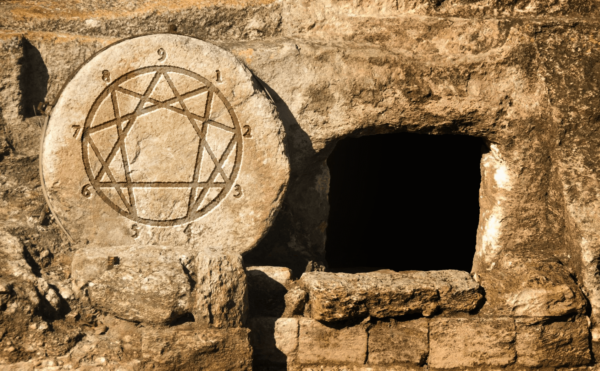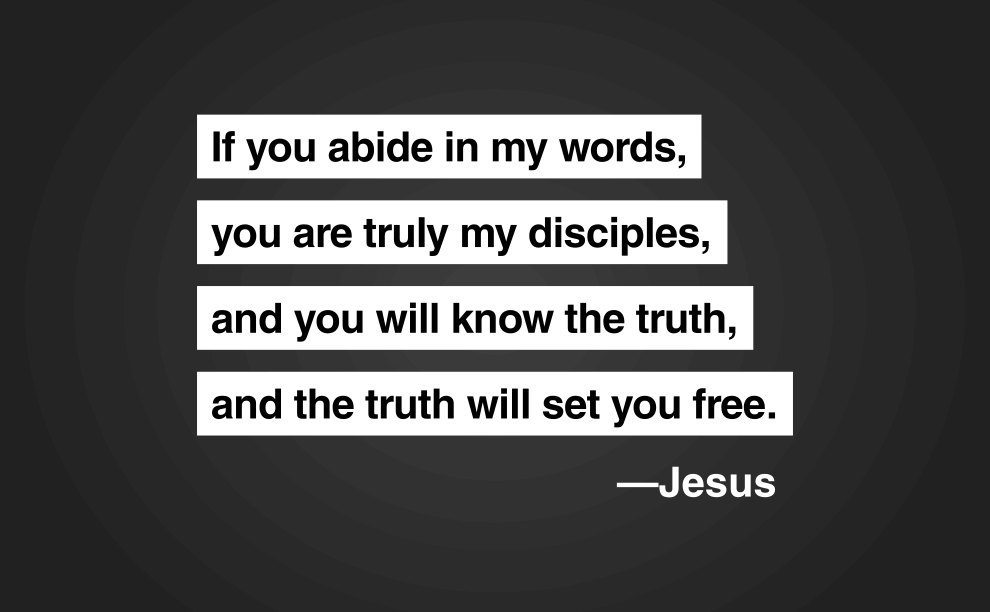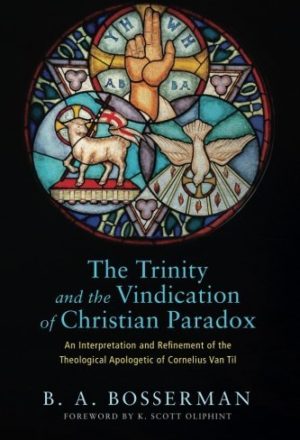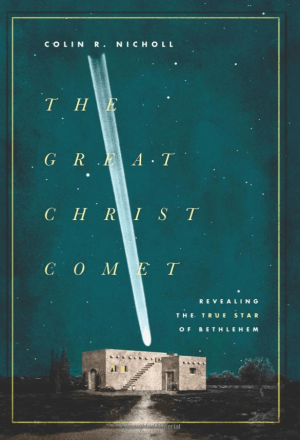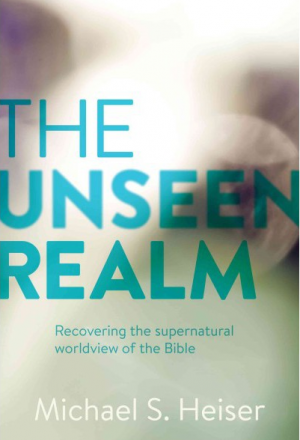Introduction
With the popularity of the Netflix documentary “Wild Wild Country”1 and a number of top chart podcasts focusing on cults, Americans are displaying their insatiable fascination with these strange religious sects once again. Doubtless one of the main reasons for our fascination with cults is their oftentimes salacious behavior, but they also provide troubling reminders of the power of the spiritual in our secular age.
One of the more fascinating stories I’ve encountered was Dan Carlin’s Hardcore History episode “Prophets of Doom2.” In the 1530’s, a host of doomsday millennial anabaptists took over the walled city of Muenster, Germany. The leaders of this movement expelled all Catholics and gave Lutherans the opportunity to be baptized or forfeit their livelihood and property. A number of fascinating characters emerged. Jan Matthys, a black robed doomsday seer, enthralled the city with his bold prophecies and abrupt conversations with God. He met his untimely death leading twelve men to battle against the thousands of troops stationed against the city. Kind of like Gideon minus the victory. Bernard Rothmann was an intellect and apologist. His writings recruited other anabaptists to the city while defending their doctrine against her detractors.
And then there was Jan of Leiden. He took the leadership position of the city after Matthys was dismembered and had his genitals nailed to the city’s door (bear in mind, by the civil authorities and not the doomsday cult). He took the leadership position and the helm as God’s right hand man. Through “divine revelation” he married Matthys’ widow, restructured the city’s leadership favorably toward his allies, and eventually introduced the practice of polygamy. In the proceeding months, the townspeople were eventually starved into submission. Many who fled were left to die of starvation in the no-man’s-land between the city and the encroaching forces. Their prophet could not deliver them.
There’s much more to the story, but it’s that polygamy bit that caught my attention. Apparently, I’m in good company with my fascination in tales of these dangerous cults. But once you start to look into them, you’ll notice there are essentially two types of analyses applied to them. Secular sources will dive immediately into the psychology and childhood trauma that many of these cult leaders endured. Meanwhile, well-meaning Christians pen tomes that wander further into the weeds than anyone really cares to follow them. So I just want to take a bite out of one piece of the pie here and ask the question: why do so many cults practice polygamy?
But do they really?
So the Muenster situation has its various justifications for this practice. In Darren T. Williamson’s article3 about the event, he offers various factors that led to the practice. For one, the number of women in Muenster vastly outnumbered the men for diverse reasons, including the impact of the anabaptists’ message on convents of nuns. Also, they believed in only procreative sex, so if the men were to avoid burning in their lusts, this method seemed reasonable. And then, of course, you had divine revelation through a guy like Jan of Leiden. Leiden himself was accused of promoting the practice only after being caught in bed with the help. The cynic may reasonably find themselves questioning the source of this “revelation.”
Interestingly, you see polygamous patterns in cults that range from those that mimic much of Christianity to those that have drifted far from it. Early leaders in the Latter Day Saints practiced it>4 and even venerated it5. The modern horrors of Warren Jeffs’ Fundamentalist Latter Day Saints (FLDS) were headline news only a few years ago. David Koresh and the Branch Davidians (of Waco massacre fame), Jim Jones (of Jonestown massacre fame), and Charles Manson (of, well, Charles Manson fame) were all cult leaders who either practiced polygamy or practiced partner sharing extensively and abusively.
Each of these movements (and many others) had a brash charismatic leader at the helm who exercised incredible authority over their followers. Gaining more sexual partners, wives, and/or engaging in polygyny were not only expressions of their authority, but even a recruiting tactic to entice new members.
Cults and #MeToo
We live in a time of immense sexual confusion. The Sexual Revolution in the 1960s has largely succeeded in convincing generations that expressions of human sexuality are no different than expressions in culinary taste. I’m not the first Christian to suggest we’ve never had so much access to sexual content, and yet never seemed so confused about what sexuality is all about.
Today, perhaps one of the most beneficial things to arise from the #MeToo movement is the revelation of how power dynamics so readily infiltrate our sex lives. But, biblically speaking, what kind of power are we talking about here?
Cults are deeply interesting because we see some of the worst in terms of human psychology, behavior, and spirituality. And, oddly enough, we also see how these three intersect frequently in the realm of human sexuality.
Now I’ll mention here that I’m trying to draw lessons by looking at extremes, which is a practice that is dubious at best. But to think that there’s nothing we can learn here denies clear and consistent biblical teaching. In fact, the way the Bible so commonly and casually links our religious practice to our sexuality finds tremendous supporting evidence in the tales from these cults. The Old Testament prophets’ denouncement of the fornication involved in Baal worship comes to mind, or the times that sexual immorality is so closely associated with idolatry in the New Testament (Ephesians 5:5, Colossians 3:5).
Let me appear to change the subject. Do you ever wonder why so many Christians fall away from the faith so shortly before or after they give free reign to their sexual lusts? It’s not just because they’re a bunch of horndogs. Unlike Jan of Leiden, they may not have heard a word from God justifying their lusts, but perhaps they’ve heard a word from Christopher Hitchens and now they have some pretty major concerns about God’s moral character. Right…
Rejection of God’s influence on our lives is necessarily a desire to assert our own control over them. However, in our desire to assert control, we quickly realize there are very few areas where we have much control at all. Except, perhaps, what we do with our own bodies. This is the principle of Romans 1:18-25. We reject God, and so God lets us chase futility with our bodies. We think we’re asserting authority, when in fact it is God’s judgment revealed.
And this is where the abusive cult leader come in. Since cult leaders are typically considered “pathologically narcissistic” and demand “perfect loyalty from followers6,” one can imagine how dissatisfying this level of control might be. So they assert control not only over their own bodies, but also over the bodies of others. Or, to up the ante, they assert control over the body of someone who belongs to someone else, as is the case with polygyny.
The desire for control is one of the defining features of a cult leader. Therefore it makes sense that this would get expressed through these abusive sexual relationships. And in the context of a cult, it’s all the more apparent that these sexual expressions are deeply intertwined with their false worship.
Harvey Weinstein, a cult leader if there ever was one, typified this sort of thing masterfully. Not only did he have control over people, but he had control over the most beautiful, most adored, and most admired people there are. He had control over those who had control over our popular cult(ure).
Spiritual Realities in the Physical Realm
So certainly we’re talking about pathologies that have been diagnosed by modern psychology. But as Christians, we have to understand that this is far too reductionistic. Cults exemplify the worst in human behavior, psychology, and spirituality because those are the three components that make up a human: the physical, the mental, and the spiritual. I’m neither a physician nor a psychologist, so let’s examine the spirituality of all of this.
One principle to examine here is that false gods are nothing (1 Corinthians 8:4-6); hence, as discussed above, idol worship results in futility. And yet these idols are also demons (1 Corinthians 10:19-20). So how does this work?
The dark spiritual realities of cults are apparent to everyone who isn’t an avowed naturalist. Evident to all is the fact that these cults produce a great deal of death and destruction. They produce a great deal of ultimate physical futility. Which is what our spiritual enemy came to do (John 10:10).
Biblically speaking, Ephesians 4:27 teaches us to give no opportunity or place to the Devil. In its immediate context the teaching regards anger. But the principle is that certain sins grant demonic forces control over areas of one’s physical life, whether it be through anger or through aggravated lusts. What this means for Christians is a topic for another time, but the dark spiritual forces that manifest in these abusive cults is, well, manifest.
Oftentimes, these cult leaders have a very immediate and cataclysmic effect on their followers’ lives. And at least initially it’s often quite positive. However, one’s mind goes to Jesus’ warning about the unclean spirit who was cast out of a man. If you recall, it was passing “through waterless places seeking rest, and finding none it says, ‘I will return to my house from which I came,’” and brought seven friends with it (Luke 11:24). It was looking for a place and found a home, and the last state is now worst than the first.
These cults ultimately gain people nothing. The abuses are the futile physical enactments of dark spiritual realities. For example, some of the worst instances are apparent through a YouTube search “sex worker demon possession” (many of whom are under the control of their own abusive leaders). What’s troubling to me, though, is the number of men being unmasked by the #MeToo movement who ostensibly behave like any number of these cult leaders. Is this not what it looks like to be given over “in the lusts of their hearts to impurity, to the dishonoring of their bodies among themselves” (Romans 1:24)?
Escaping Cults, Escaping Insanity
I remember a sermon by Timothy Keller7 where he quoted a Rabbi’s commentary on Genesis that said something to the effect of, “If you think that biblical descriptions of polygamy are endorsements of the practice, then the problem is that you don’t know how to read.” The Scriptures do describe morally deficient behaviors of some of the most venerated characters, but if you read with a discerning eye you’ll notice it always ends in disaster. This is not a position the Scriptures advocate for, and so it will always be spiritually defective.
But more than that, these cults remind us that the reality of our spiritual lives have direct influence on our physical lives. I can’t help but contrast the dishonoring of the body found in the idol worship of Romans 1 with what Paul describes as the proper response to the mercies of the gospel in Romans 12.
I appeal to you therefore, brothers, by the mercies of God, to present your bodies as a living sacrifice, holy and acceptable to God, which is your spiritual worship. (Romans 12:1)
Our bodies are always involved in spiritual worship. It is simply a matter of the object of that worship. They all require sacrifice, but only one results in resurrection.
Unlike the citizens of Muenster, not everyone who leaves a cult is abandoned in a no-man’s-land. There are many harrowing tales of escape from many of these cults. But what of our own cultural moment? What is the escape from the deceptions that envelope our own age? The current climate seems doomed to continue to devolve into mere power grabs and politics. The demons exemplified by men like Weinstein have been cast out, but what is coming to fill their place?
The discussions surrounding sexual ethics in our culture are the ramblings of a prophet just caught in bed with the help. They may provide temporary distraction, but I’m afraid we’ll find ourselves starving once again.







